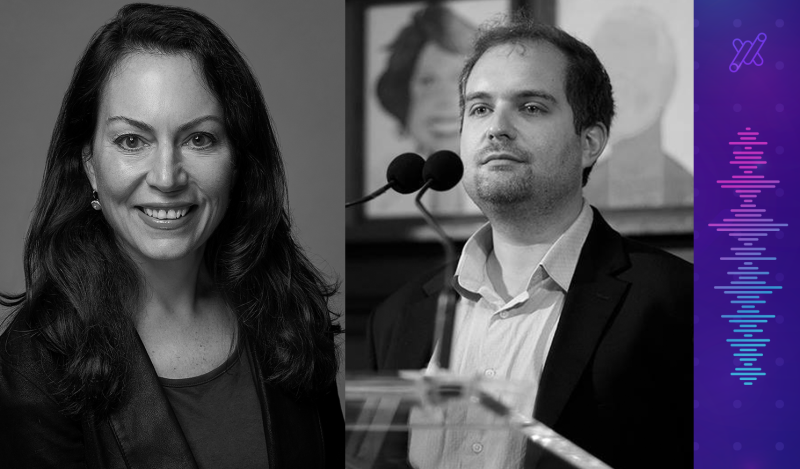Description
Broadway theaters went dark on March 12 when government officials enacted new restrictions in an attempt to curb the spread of COVID-19. Our friends at TheaterMania, Rosemary Maggiore (@RoeMaggiore) and David Gordon (@MrDavidGordon), join Mike Evenson to share their viewpoints on how theater is staying alive during these uncertain times when the shows can’t go on. The trio discusses how this business interruption is impacting the theater industry globally, highlighting the heartwarming moments that have happened as a result.
TheaterMania is the place for those interested in live theater and the performing arts to connect with like minded people to learn about what’s going on and understand how they can engage. TheaterMania delivers a combination of news that people need to know and fun, lighthearted content – which is needed more than ever.
